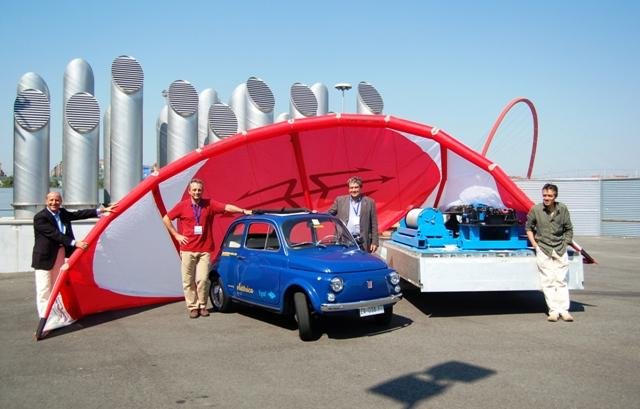Paperpile is a nice software which hit the 0.5 beta version some days ago. It’s been a while that I’m using it and being in the full swing of writing my Thesis, I tend to use it on daily basis, so I decided to review it a bit.
First of all Paperpile is a reference manager, which help to manage, organize, cite and share the collection of scientific papers that you have on your computer. If you do science you know exactly what I’m talking about. If you don’t, imagine you have at least 200 different articles lying on your hard drive, which analyse different but related subjects. When writing a new research article, it’s necessary to cite all the relevant previous work to put you new work in contest. It’s the incremental delta of new information which science uses to evolve (when there is not a quantum leap).
Retrieving, organizing and citing those piece of work is necessary and can be a daunting task, but a good reference manager can help to make your life easier. There are several softwares out there, and I had different experiences, however it seems Paperpile is overcoming anything else and I’m using it productively, making me even to read more papers!
So let’s jump into it.
This is the general window of paperpile. On the Top left you can see the label à la gmail. More than one label can be added to a paper and different background/foreground colour can be used to personalize it. To add an existing label to a paper just pick and drag it over it. Super easy.
On the Mid right you can add the RSS from journals, which can help you to be updated with the latest articles published. I used to have this RSS in my google reader, however having it directly in paperpile makes super easy to import new papers and collect the pdf.
Bottom right there is a collection of different tool, from being able to search Pubmed to import a directory full of PDF.
Central window is where the meat is. All the paper, ordered by addiction Date (you can change to what you prefer) and the most important feature: the search box. Paperpile implements a search as you type system, so as soon you start to type it it start to search in author title and also abstract.
One very interesting bit is that the search box actually find the article I’m usually looking for, and it’s pretty precise. It really saves me a lot of time. This is a clear edge over Mendeley for example, where the search was a disaster. At least in the version I’ve used so far.
The central window also give you the possibility to add notes to a paper.
On top left there are very useful actions which paperpile can perform for you. Paperpile makes easy to retrieve the article on to the publisher site, either giving you a link to visit the webpage or can automatically fetch the paper for you. Sweet!
Another very useful features, which I used so far at least 3 times, is the automatically generated email, which fire up an already ready to send email to your colleagues with the citation reference.
One last thing that I would like to put under the light is the LaTeX integration. With an easy Ctrl-K the label will be copied in your clipboard ready to be pasted in your LaTeX file. If you need the more standard citation, Ctrl-C will do.
To set up the automatically synch for your bibtex database just click on All Papers, on the top-left and turn it on, choosing the location for the file. After that every new paper you’ll add to your collection is automatically exported in BibTeX and you don’t have to care about it at all 🙂








